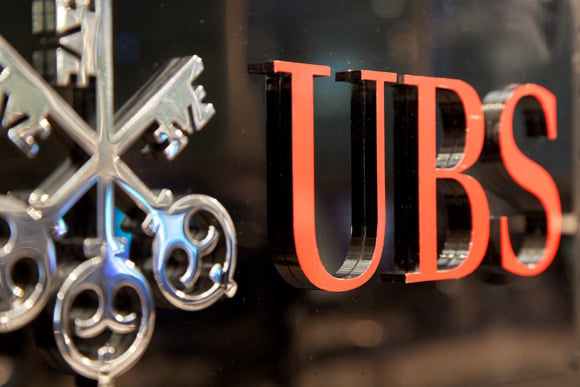The former chief executive officer of UBS AG's wealth-management unit in the U.K., said he was “confused” by the British finance regulator's attempt to fine him for failing to prevent unauthorized trading.
The former chief executive officer of UBS AG's wealth-management unit in the U.K., said he was “confused” by the British finance regulator's attempt to fine him for failing to prevent unauthorized trading.
John Pottage, now an executive at the lender's headquarters in Zurich, said at a court hearing today, where he is challenging the 100,000-pound ($157,000) fine, that he thought the Financial Services Authority didn't understand his role at the bank. During a 2009 meeting with the regulator, Pottage said he was “concerned that the interviewer thought the CEO was a fully empowered individual.”
“I had a position from which I could influence and show leadership, but there was not a single area over which I had tangible authority,” Pottage said at the meeting, according to his testimony today. He said he wasn't a line manager until mid-2008 for any individuals at the division, which had 35 billion pounds under management, and he wasn't directly responsible for hiring.
The regulator fined the bank in 2009 for not preventing international wealth-management employees from making as many as 50 unauthorized trades a day with funds from at least 39 customer accounts. UBS has had to pay $42 million to compensate customers for losses incurred.
The regulator intends to fine Pottage for not ensuring the division had systems and controls in place to prevent the trades. He said he was “keen to avoid a situation where I was being made responsible for the failings of the corporation.”
Transferred to Zurich
Pottage said in court papers he worked to improve systems and controls at the unit when he started as CEO in September 2006 and doesn't deserve a fine.
Pottage, who moved to Zurich amid the FSA probe, denies the allegation that he should have acted sooner than he did to review systems and controls weaknesses and “is supported in that denial by UBS,” his lawyers said.
The bank, which is an interested party in the case, not a defendant, said it had identified weaknesses before the FSA opened the investigation, and had fixed them by June 2009.
“UBS does not believe this disciplinary action is justified,” it said in a statement.
--Bloomberg News--







